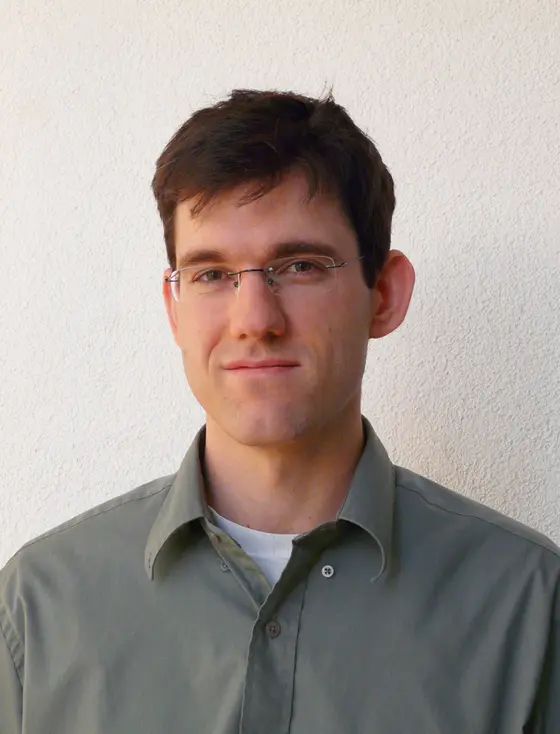Aurelio Teleman is studying signaling pathways that control growth and metabolism in cells. Cellular growth uses a large portion of the energy that is supplied by metabolism. Therefore, these two processes must happen in a mutually coordinated way. Dysfunctional signaling chains can lead to cancer or metabolic diseases such as obesity and diabetes. For example, the insulin signaling pathway is significantly more active than normal in about 80 percent of all cancer cases.
Teleman’s goal is to find targets that may be used for treating metabolic disorders as well as cancer. During their studies, Teleman and colleagues recently discovered a fundamentally new metabolic pathway. They discovered that a fatty acid (stearic acid) that had previously been considered to be a simple metabolic product also has signaling functions. In their publication in the specialist journal “Nature", the researchers demonstrate in flies as well as in cancer cells that stearic acid regulates the performance of mitochondria. These organelles serve as powerhouses of the cell.
When the researches added stearic acid to fly food, the animals’ mitochondria fused and performed well; when they kept fatty acid levels low, the organelles fragmented. The investigators subsequently studied flies that exhibit Parkinson's-like symptoms resulting from a mitochondrial defect and are recognized as a model system for studying this neurodegenerative disease. When the affected animals were fed stearic acid with their food, their motor skills and energy balance improved and they survived for much longer. Teleman is now exploring the question of whether stearic acid might also improve mitochondrial functioning in humans.
Born in the United States, Aurelio Teleman studied biochemistry at Harvard University, where he graduated in 1998. For his PhD studies, he moved to London Imperial College and subsequently to EMBL in Heidelberg, where he earned his PhD in 2004 and continued his research work for another year. Starting from 2007, Teleman headed a junior research group at the DKFZ; since 2012, he has been a research department head.
The Deutsche Hypo has awarded the Johann Georg Zimmermann Prize for over 40 years. Its goal is to support excellent scientific work in cancer research. In collaboration with Hannover Medical School (MHH), numerous German and international researchers have since then been honored for outstanding achievements in the fight against cancer.
The award will be presented jointly by the Chairman of the Board of Managing Directors of Deutsche Hypo, the donor of the prize, and the President of Hannover Medical School at a festive ceremony in Hanover on February 2, 2016.



